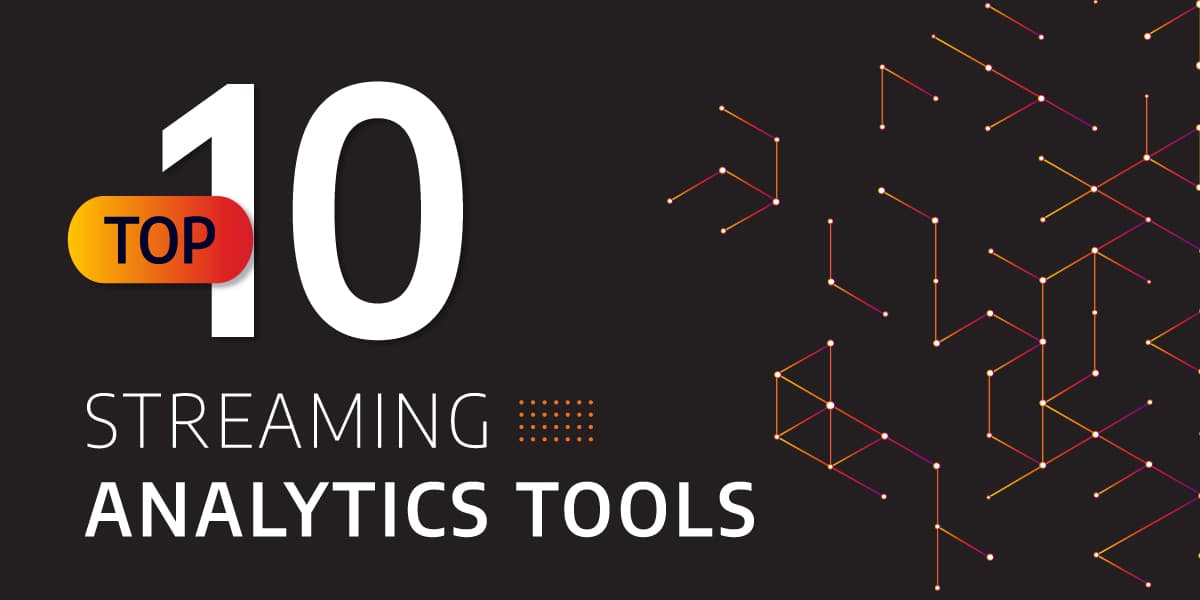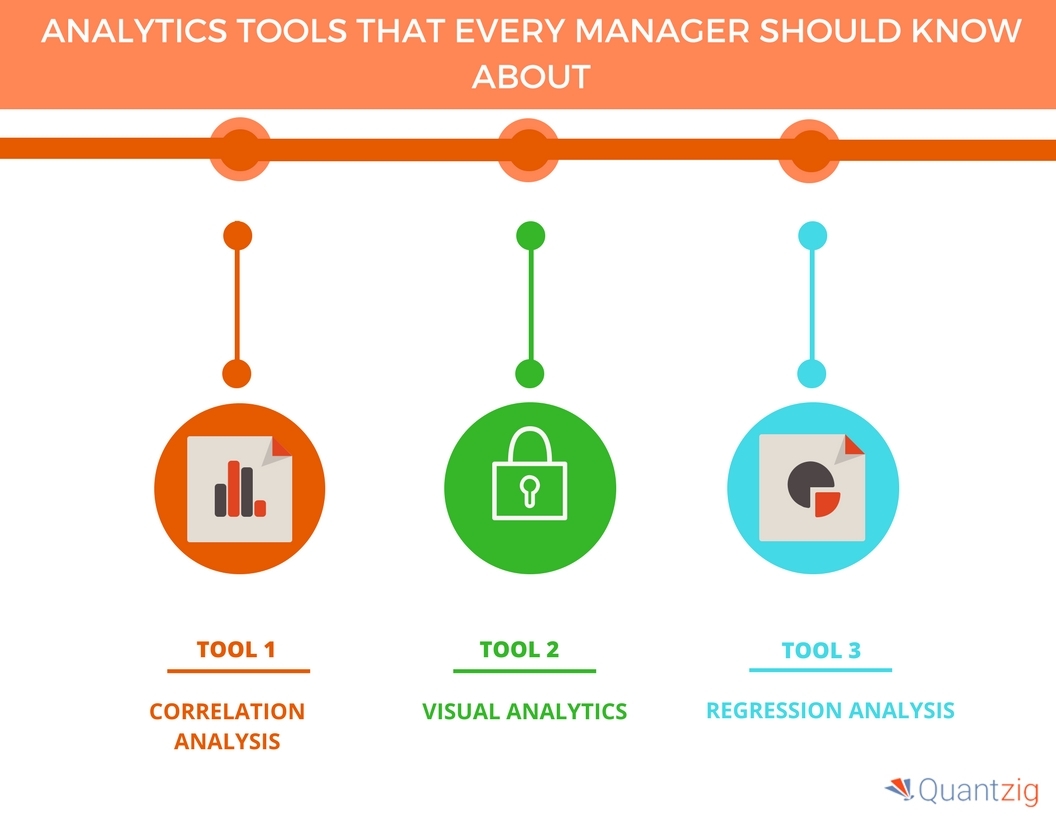Empower Your Team with Actionable Insights from Analytics
Empower Your Team with Actionable Insights from Analytics
Blog Article
Take Full Advantage Of Growth: Just How Analytics Drive Better Approaches
By harnessing data insights, companies can refine their operational strategies, expect market changes, and boost client engagement. The difficulty lies not just in accumulating information but in properly interpreting it to drive substantial outcomes.
Understanding Information Analytics
Information analytics is a methodical computational analysis of information that allows companies to uncover meaningful patterns and insights. This process encompasses a selection of strategies, including analytical analysis, predictive modeling, and data mining, which jointly intend to transform raw data into workable details - Analytics. By utilizing these methodologies, organizations can make informed decisions that are rooted in empirical evidence instead of intuition alone
The structure of data analytics hinges on its ability to deal with substantial amounts of info from diverse sources. This includes organized information, such as databases, and unstructured information, consisting of social media sites communications and client comments. Through the usage of specialized software and devices, experts can remove and refine this information effectively, determining patterns and correlations that may not be quickly evident.
Comprehending information analytics also includes recognizing the value of information high quality and honesty. Precise and reputable information is critical for significant analysis; thus, companies have to apply durable data administration practices. Moreover, the repetitive nature of analytics enables continuous refinement and improvement of techniques, ensuring that companies remain dexterous despite altering market dynamics and customer actions.
Secret Advantages of Analytics

One of the essential advantages of analytics is its capability to offer workable insights. Organizations can swiftly analyze substantial quantities of data, uncovering patterns that might not be immediately obvious.
One more considerable advantage is boosted client understanding. Analytics devices allow businesses to section their target market, track consumer actions, and customize advertising initiatives. This targeted method not just boosts consumer engagement however likewise drives greater conversion rates.

Implementing Analytics Approaches
To completely understand the benefits of analytics, organizations need to take on organized methods for execution. This begins with clearly defining goals that straighten with more comprehensive service objectives. By developing particular, quantifiable results, organizations can focus their analytics initiatives on areas that generate the highest roi.
Next, organizations should prioritize information governance to guarantee the stability and safety of the information being assessed. This involves establishing up protocols for information collection, storage space, and gain access to while adhering to pertinent guidelines. Ensuring premium information is crucial for generating significant understandings.
In addition, fostering a culture of data-driven decision-making is crucial. This calls for training staff members to interpret analytics searchings for and motivating cooperation throughout divisions. They are extra likely to integrate understandings into their day-to-day procedures. when teams comprehend the value of analytics.
Lastly, organizations ought to consistently review and refine their analytics strategies. The landscape of information and innovation is continually developing, and staying versatile will permit companies to take advantage of brand-new tools and approaches properly. By executing these organized techniques, companies can make the most of the effect of their analytics efforts and drive lasting development.
Tools for Effective Analysis
Reliable evaluation depends on a range of tools that promote the removal of insights from data - Analytics. These tools can vary from simple spreadsheet applications to advanced device learning systems, each offering an unique purpose in the logical process
Information visualization software program, such as Tableau and Power BI, plays an essential function in changing complex datasets into this article easy to understand graphical depictions. These tools make it possible for analysts to recognize patterns and trends rapidly, permitting even more enlightened decision-making.
Statistical evaluation software program, like R and SAS, supplies sophisticated abilities for performing thorough evaluations, including regression, theory testing, and anticipating modeling - Analytics. These attributes equip companies to attract meaningful verdicts from their information, recognizing prospective possibilities and dangers
Furthermore, data source management systems such as SQL and NoSQL databases provide the essential framework for storing and querying huge quantities of information successfully. They make sure that information is arranged and easily accessible for evaluation.
Finally, business intelligence platforms incorporate numerous data sources, offering a detailed sight of business performance. By utilizing these devices efficiently, companies can enhance their analytical capacities, enabling them to develop techniques that maximize development and boost general performance.
Study of Success
Effective companies commonly utilize data analytics to drive impactful methods, as evidenced by several remarkable instance researches. By utilizing these insights, Netflix has successfully tailored its content suggestions, resulting see this here in boosted customer interaction and customer retention.

Additionally, Starbucks utilizes information analytics to establish ideal shop areas and fine-tune its item offerings. By examining consumer demographics and acquiring patterns, Starbucks effectively recognizes high-potential markets and tailors its food selection to neighborhood tastes, driving sales and consumer commitment.
These situation research studies show that effective utilization of data analytics can bring about tactical advantages, promoting technology and development within organizations across numerous markets.
Conclusion
Finally, the assimilation of analytics into business approaches dramatically improves decision-making procedures and promotes sustainable growth. By image source leveraging data-driven understandings, companies can identify patterns, prepare for market shifts, and optimize procedures. The reliable application of analytics devices further supports agility and development, allowing organizations to browse affordable landscapes with higher precision. Ultimately, a commitment to analytics not only drives immediate performance improvements yet additionally protects lasting success in an ever-evolving industry.
Data analytics is an organized computational analysis of data that makes it possible for companies to uncover significant patterns and understandings.Understanding data analytics also involves identifying the relevance of data quality and stability. Precise and dependable data is critical for meaningful analysis; hence, companies need to apply robust data governance methods.Next, organizations ought to focus on data administration to ensure the integrity and safety of the data being evaluated.Successful organizations typically leverage data analytics to drive impactful approaches, as shown by a number of remarkable situation studies.
Report this page